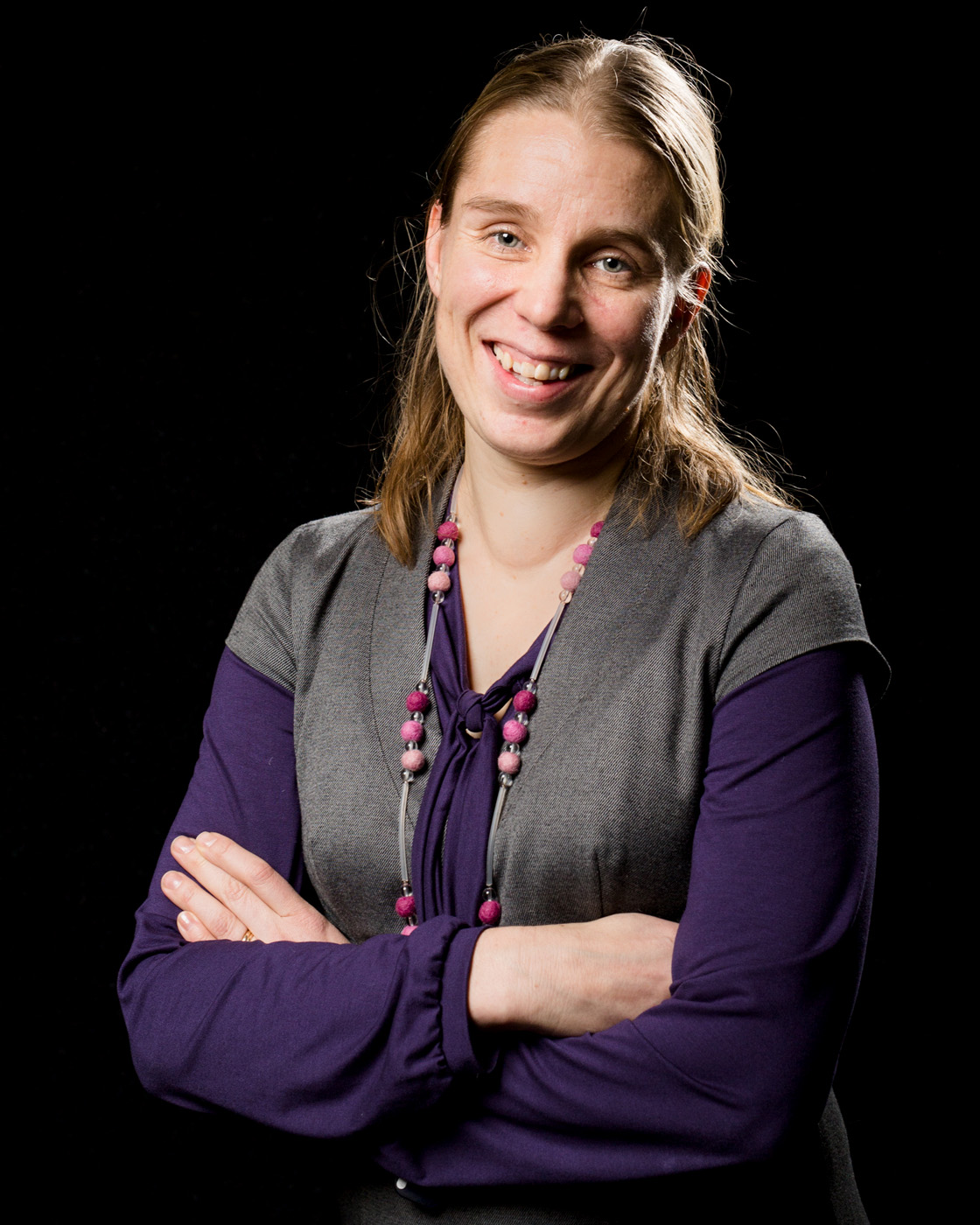Deprecated: Creation of dynamic property App\Blocks\HeadingCommentary::$className is deprecated in /data/wordpress/vendor/generoi/sage-nativeblock/src/NativeBlock.php on line 70
Making the circular economy a part of the basic vocational skills of engineers
Ended project: 10/2017 – 9/2019
All universities of applied sciences offering process and material engineer education in Finnish jointly developed and implemented circular economy study modules for engineer education.
The project was part of the Circular economy teaching for all levels of education package implemented between 2017 and 2019. Sitra’s vision was that all graduates should understand what the circular economy means from the point of view of their work and day-to-day life, and what decisions and actions they can take to promote the circular economy. The aim was to increase expertise in the circular economy in Finland by extensively developing circular economy training, materials, concepts and co-operation from different points of view for all levels of education. More than 50 educational institutions, organisations and businesses took part in the package.
What was achieved?
The project developed study modules for all Finnish universities of applied sciences to use in engineering education in biotechnology and food processing, bioproduct engineering, chemical engineering and materials technology and surface engineering:
- Basics of the circular economy (five credits), Metropolia has main responsibility.
- Sustainable food system (five credits), Häme, Seinäjoki, Metropolia and Turku universities of applied sciences have the main responsibility. In addition, two theses were prepared on the subject and circular economy thinking was integrated into other study modules included in the degree studies.
- Technological cycles – sustainable use and recycling of metals (four credits), Centria, Metropolia, Tampere, Häme and Turku universities of applied sciences have main responsibility.
- Fibre materials – textiles and plastic (three to five credits), Lahti and Turku universities of applied sciences have main responsibility.
- Fibre materials – pulp fibres (three credits), Tampere, Centria and South-East Finland universities of applied sciences have main responsibility.
- Waste and side side streams (five credits), South-East Finland University of Applied Sciences has main responsibility. Theses were also prepared in connection with the subject.
The circular economy study modules were so popular that it was not possible to enroll all willing students in autumn 2018. A total of 194 students completed the study modules. In addition to the complete study modules, the educational materials prepared were tested within other study modules, and more than 200 other students took part in such training.
Many of the courses remained as permanent parts of engineering education.
Who was involved?
Sitra funded the project, and the people responsible for the project at Sitra were Riitta Silvennoinen and Nani Pajunen. The project involved all universities of applied sciences providing engineering education in process and material technologies in Finnish: Metropolia and Centria, as well as the universities of applied sciences of Häme, Lahti, Seinäjoki, Tampere, Turku and South-Eastern Finland.

What was it about?